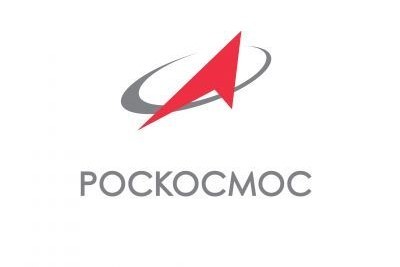The collapse of Russian-Ukrainian space cooperation after the coup in Kiev in 2014, as well as recent US sanctions after Russia launched a military special operation in Ukraine, all this is a powerful blow to the domestic space industry. However, Russia will continue to implement its space programs, and the production of the necessary components for spacecraft will be deployed in our country. This was stated by the head of Roscosmos Dmitry Rogozin.
Do you want to block our access to radiation-resistant microelectronics for space purposes? So you have already done it quite officially in 2014. As you have noticed, we, nevertheless, continue to make our own spacecraft. And we will do them by deploying the production of the necessary components and devices at home—" he wrote in his
telegram channel, in response to reports about the approval of anti-Russian sanctions by US President Joe Biden.
Dmitry Rogozin also noted that the United States seeks to influence the decision of foreign customers to use Russian rockets to launch their spacecraft.
You are already doing this and are planning to finally destroy the global space competition market from 01.01.2023 by imposing sanctions on our launch vehicles. We are aware. This is also not news. We are ready to act here," the head of Roscosmos stressed.
Today, in an interview with the First TV Channel, Dmitry Rogozin said that in 2014 a "powerful blow" was dealt to the industry after the collapse of deep, Russian-Ukrainian cooperation in the space sector.
For example, Yuzhnoye and Yuzhmash Design bureaus in Dnepropetrovsk were key enterprises in the Sea Launch project and the manufacture of the Zenit launch vehicle, which had more than 70% of Russian components. The breakdown of relations led to the suspension of the project. Ukraine's refusal to supply us with components within the framework of other projects was compensated by the import substitution program—" he said.
Despite working under sanctions, the Russian space industry continues to implement major programs. An example is the plan to create a multi-satellite orbital grouping "Sphere"
At the end of 2022, we plan to launch the first demonstration vehicle of the new multi-satellite orbital grouping "Sphere" - "Skif" for broadband Internet access. Also this year we plan to start work on the creation of four Express-RV spacecraft—" Rogozin said.

